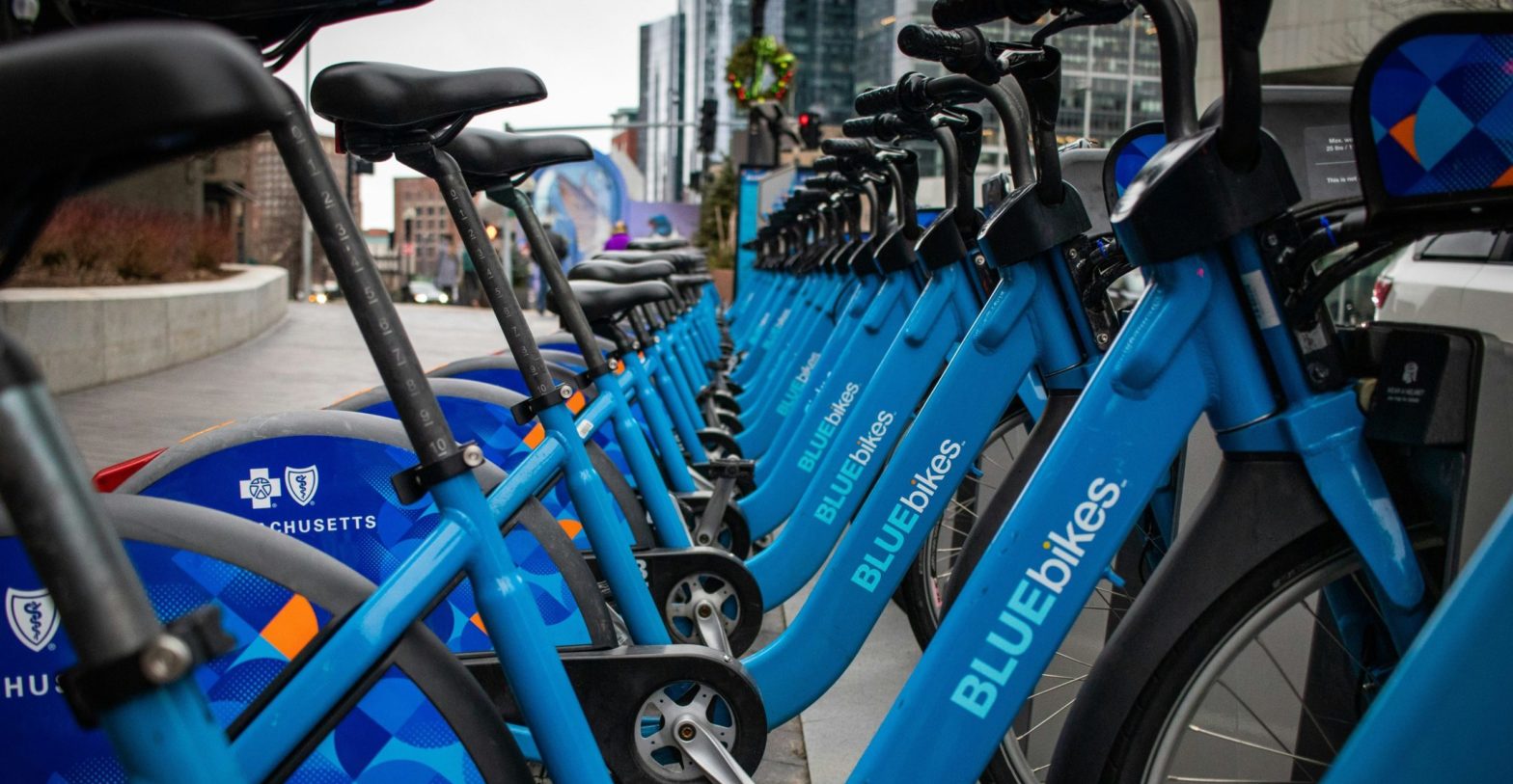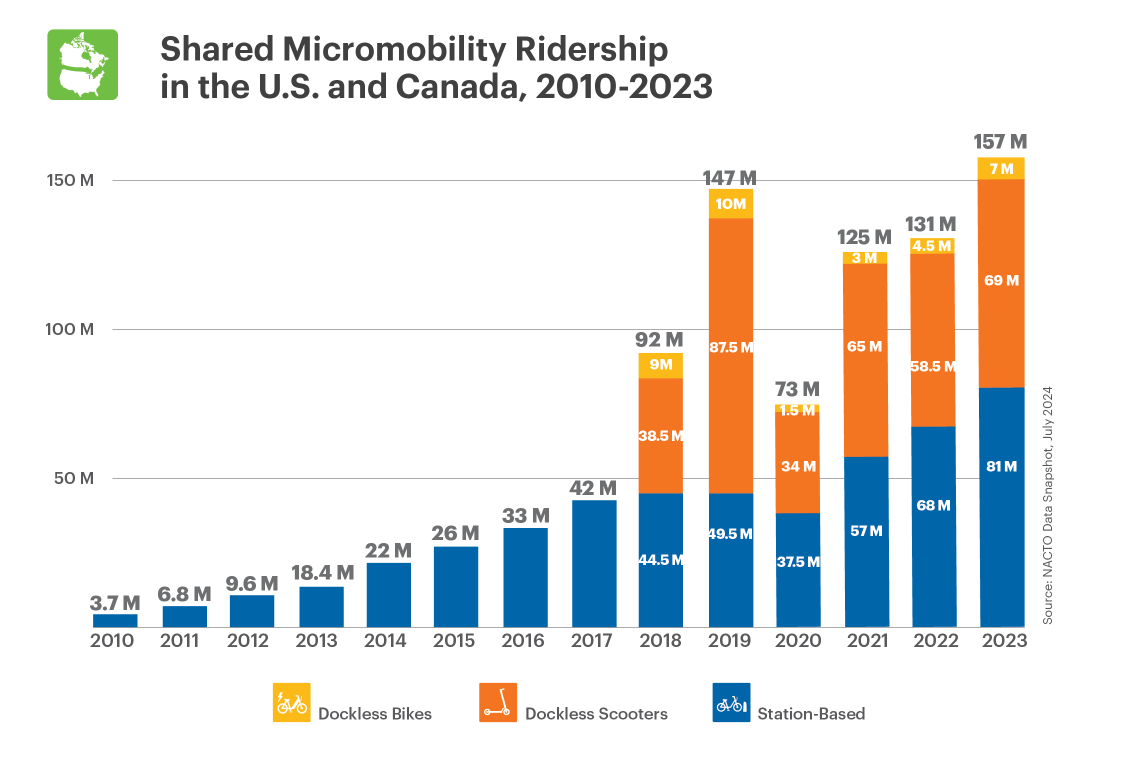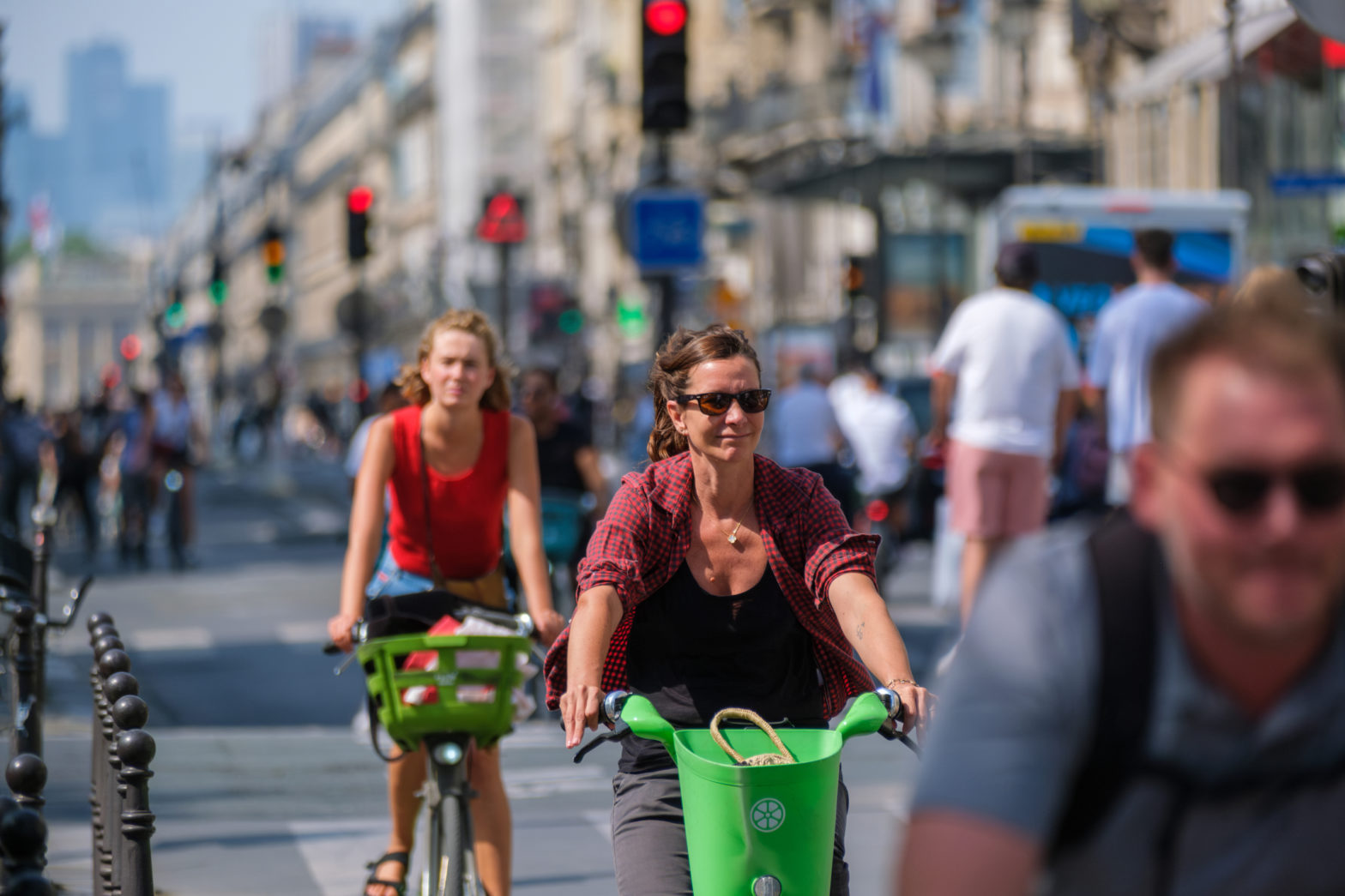
Photo: aaron-doucett-unsplash
US and Canada micromobility trips at record levels
02 August 2024
by Christopher Carey
E-scooter and bike-sharing schemes in the US and Canada reached an all-time high in terms of ridership in 2023 according to a new analysis from the National Association of City Transportation Officials (NACTO).
The report found that 157 million trips were taken on bike and e-scooter shares in 2023, surpassing the previous peak of 147 million trips in 2019.
Despite the rise in popularity, the report noted that some bike and e-scooter systems ceased trading or had trouble financing their operations in 2023, and many cities experienced rising costs for riders.
“In the 15 years since bikeshare premiered in North America, shared micromobility has become an essential part of how people of a variety of backgrounds travel through many cities in everyday life,” said Ryan Russo, Executive Director, NACTO.
“However, despite saving residents time, helping reduce traffic congestion and the wear and tear on local roads, shared bikes and scooter programmes are unstable, with user costs in many cases increasing past people’s budgets.
“Cities need to take a hard look at the options they have to shore up these systems, including in some cases by investing public money to make shared micromobility more affordable – particularly for those struggling with the costs of transportation – while continuing to build connected networks of bike lanes to keep riders safe and comfortable.”
Trends
The analysis found that people took 133 million shared micromobility trips in the US and 24 million trips in Canada.
Trips in Canadian cities increased by two-fifths in 2023, due to the continued expansion of station-based systems and the introduction of dockless scooters into new markets.
In the US, trips increased by 16 percent in 2023, driven largely by the continued growth of e-bike trips on larger station-based systems.

While micromobility has increased in popularity, prices have also risen.
The report found that from 2019 to 2023, an annual pass for bikeshare systems has risen by 32 percent in Chicago, 30 percent in Boston and 21 percent in New York City.
Cyclists also pay sales tax on each bike-share trip in many cities, unlike public transportation fares.
As a result, bikeshare prices are now “significantly higher than other public transportation options, especially for those taking pay-as-you-go trips”.
Recommendations
Key recommendations for how cities can ensure the long-term success of micromobility schemes include offering public ownership of systems and public subsidies to make shared micromobility services more broadly affordable and reliable; eliminating sales taxes on shared micromobility; and building the infrastructure that safely connects people to where they want to go.
“Investing in our regional bike share programme is a key component to Boston reaching its transportation goals,” said Jascha Franklin-Hodge, Chief of Streets for the City of Boston. “We are focused not only on increasing the accessibility of our Bluebikes system through our Boston Bikes Pass and the addition of e-bikes but also on connecting and expanding our network of protected bike lanes. This encourages more people to use Bluebikes because they feel safer and more comfortable riding on our streets.”
Image: aaron-doucett-unsplash







